(ECNS) -- The aquaculture production in South Korea has already been impacted by Japan’s dumping of the Fukushima nuclear-contaminated water into the Pacific Ocean.
The Mokpo Port in Jeollanam-do Province has a strong fishery industry. But Japan’s recent discharge has frustrated fishermen and merchants who live on fishery here. More and more fishing boats are giving up, CCTV News reported.
Sashimi shop owners told CCTV that they were considering closing their businesses or converting them into noodle and barbecue shops.
Data from a large shopping website in the country shows that searches for nuclear radiation detectors ranked first for two days.
Parents’ concerns over school food ingredients continue to grow, and they want to bring lunch for their kids instead of eating at school. In order to address the issue, the country’s Education Ministry said Friday that only "safety-confirmed" marine products are being used in students meals.
Meanwhile, it also revealed on Sunday that from 2021 until May, no Japanese seafood was used in meal services for 11,843 primary and secondary schools combined, Strait Times reported.
Over 250 groups of fishermen, farmers, and environmentalist gathered in Jeollanam-do to protest against Japan’s discharge act. Additionally, people in Seoul and Daegu also convened to oppose the dumping of nuclear-contaminated wastewater, according to CCTV.









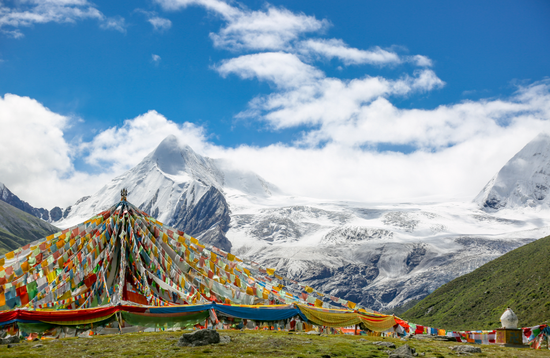
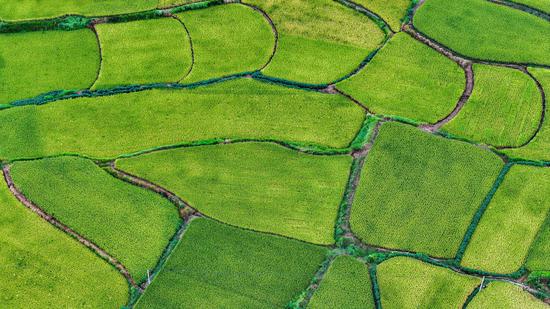
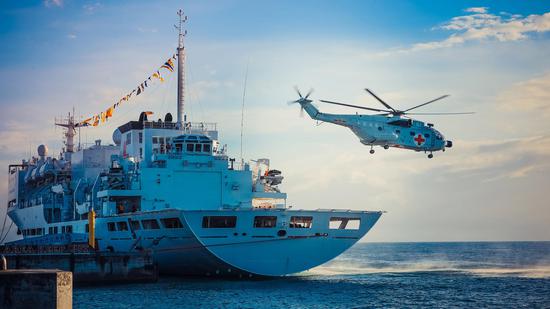
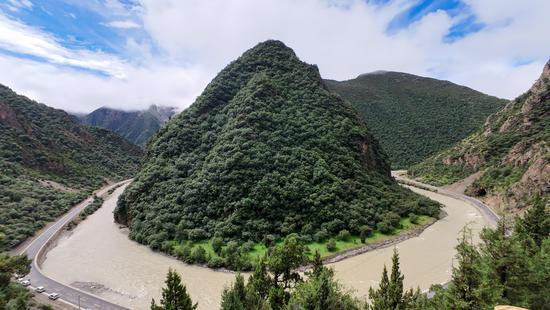

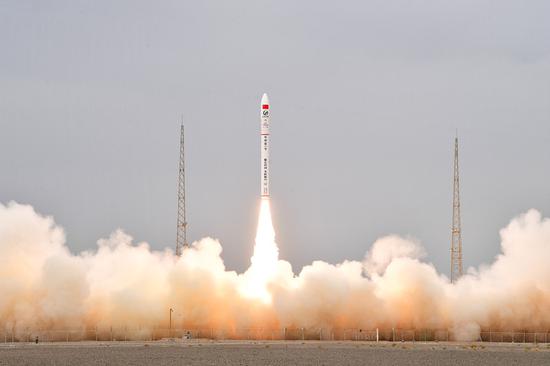
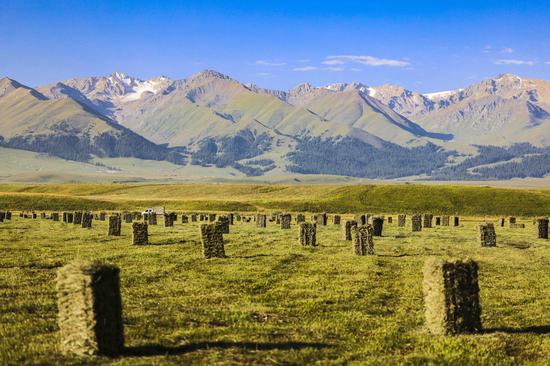
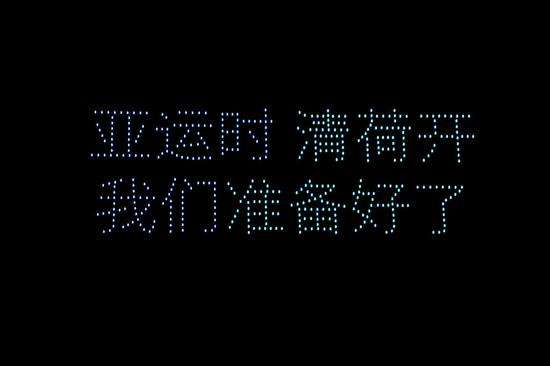
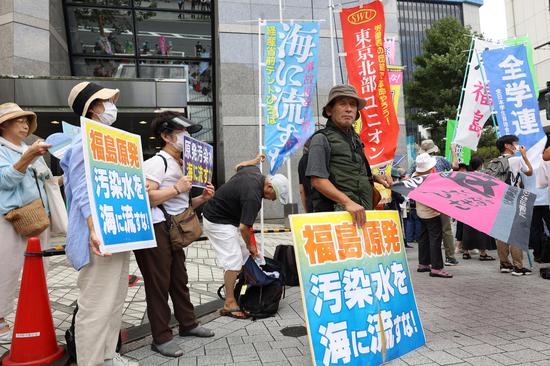
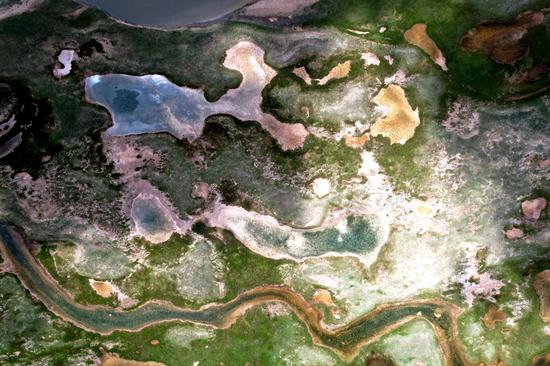
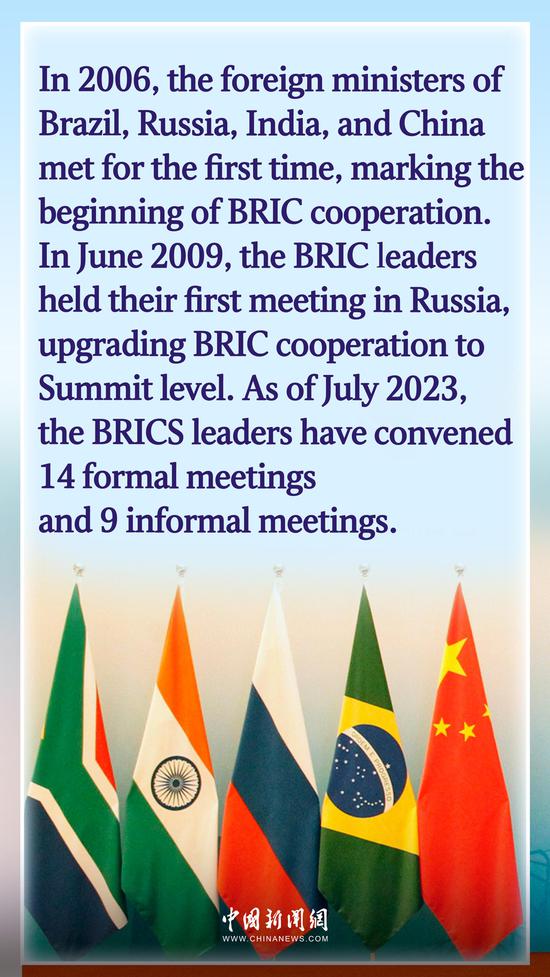

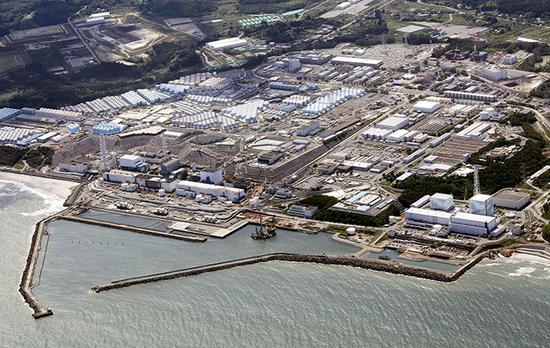
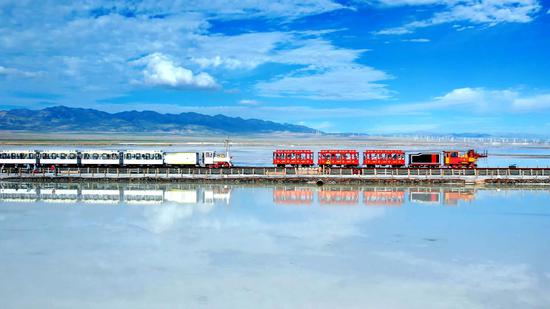
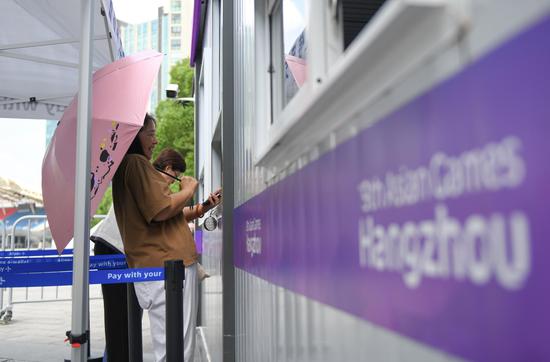
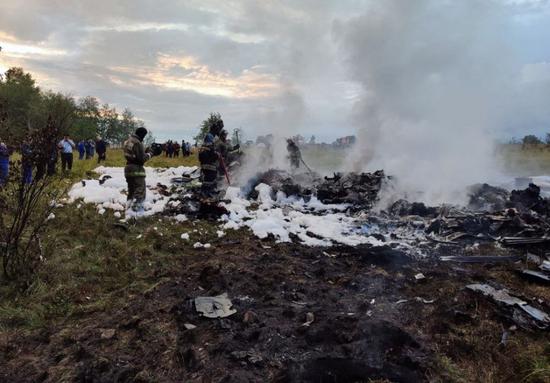
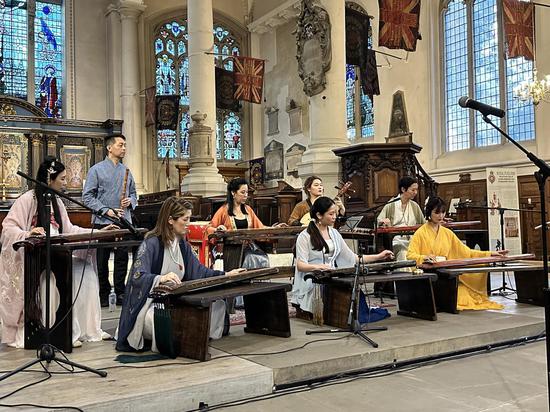
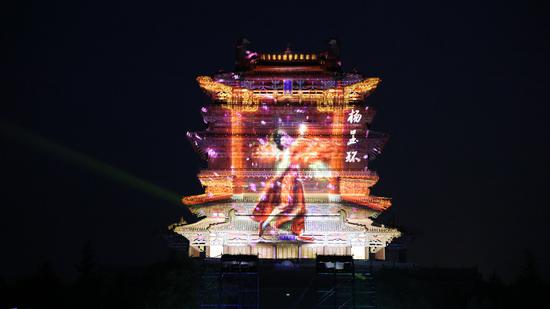
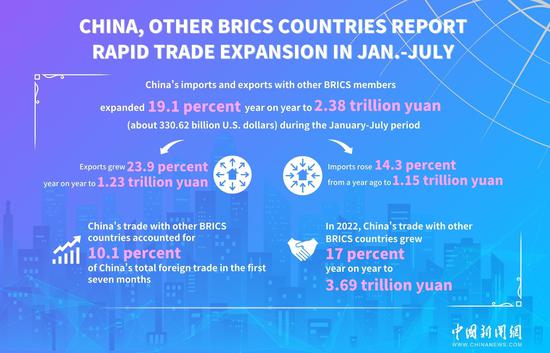
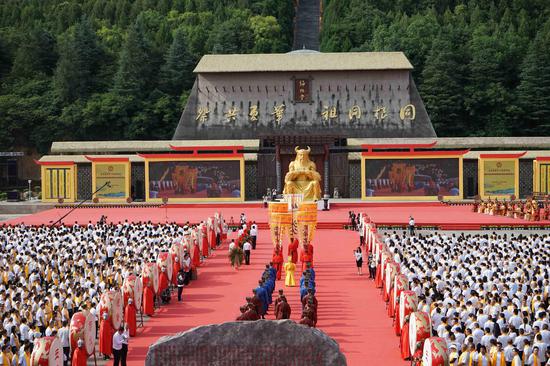
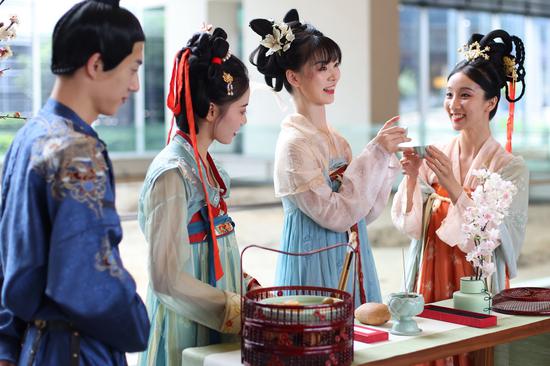
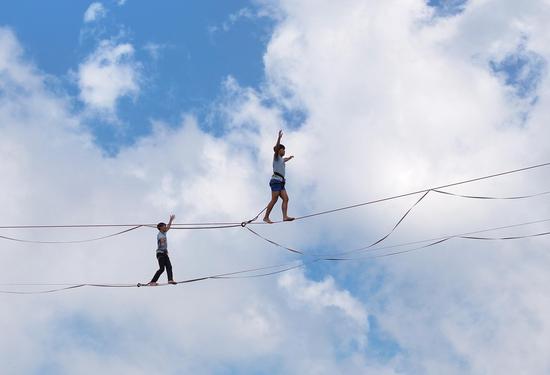
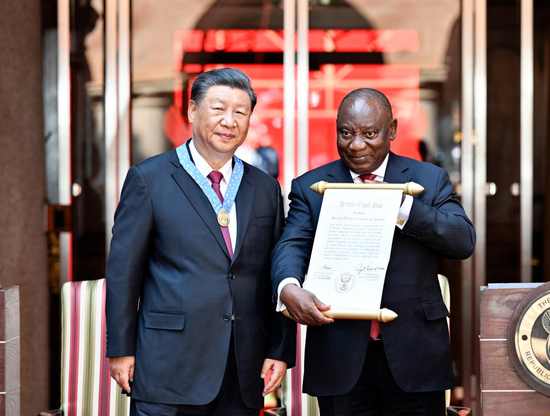
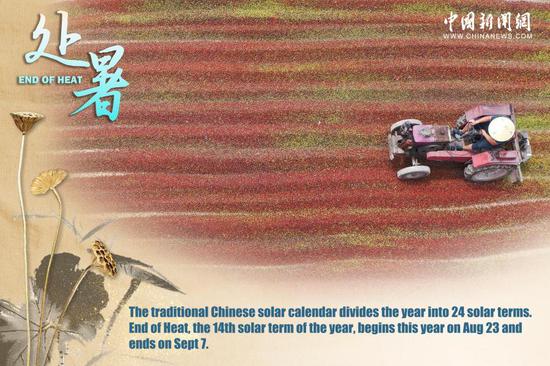
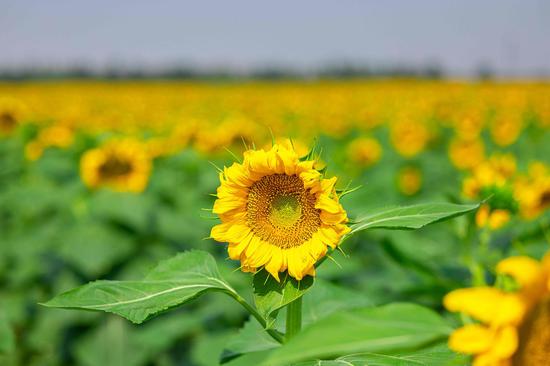

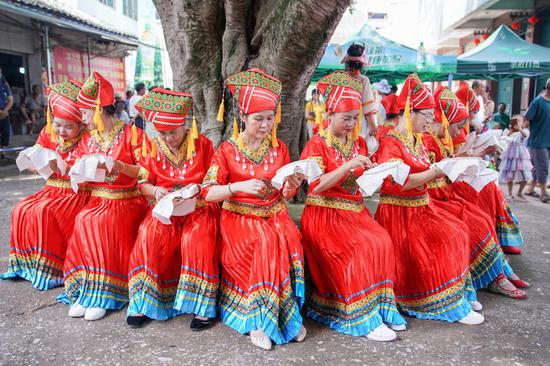

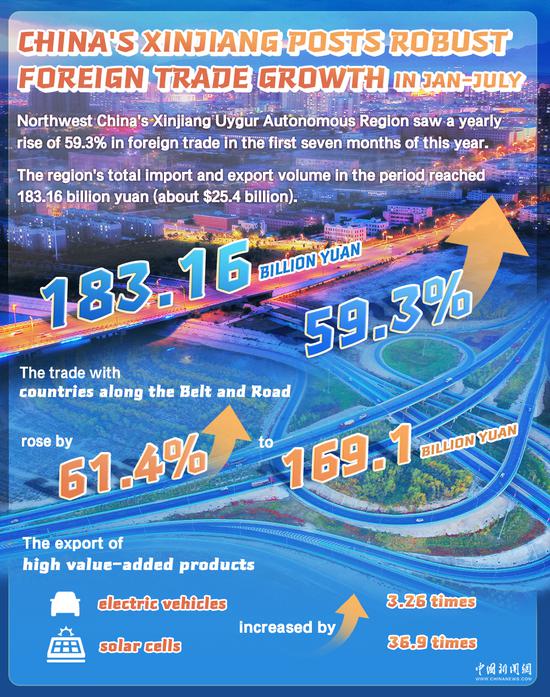
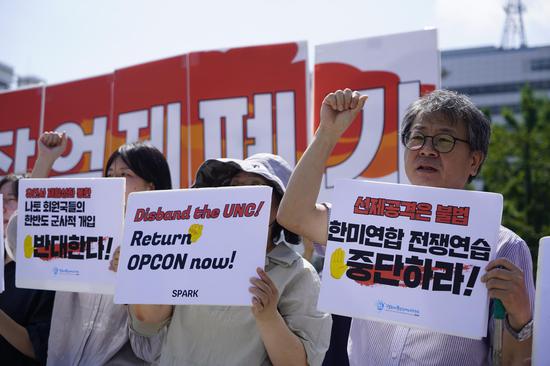
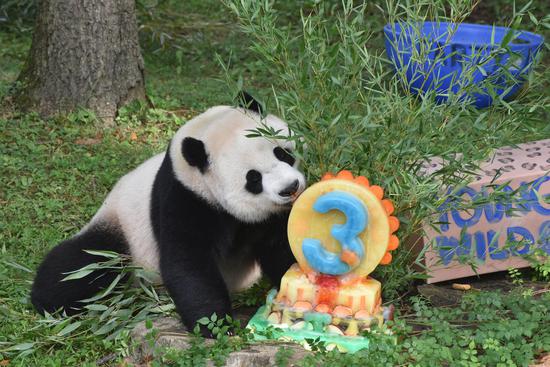
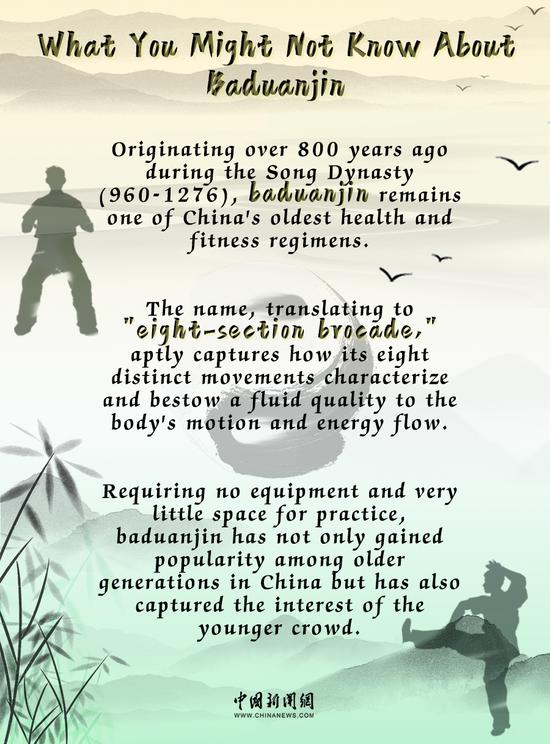
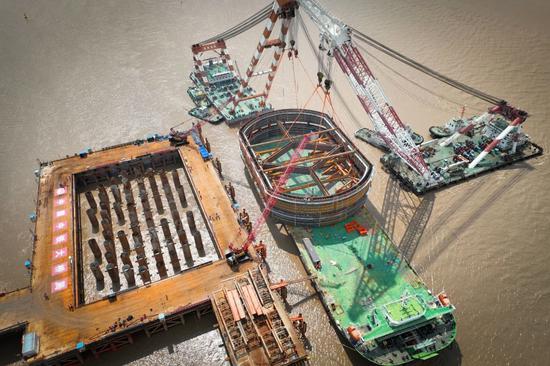
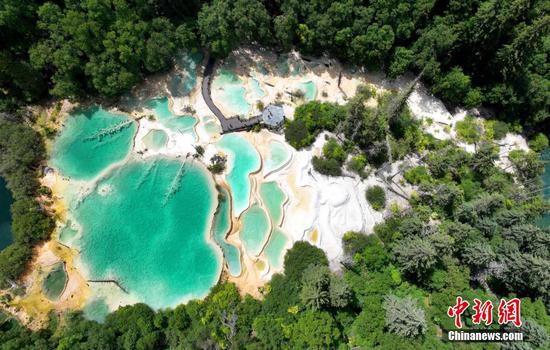
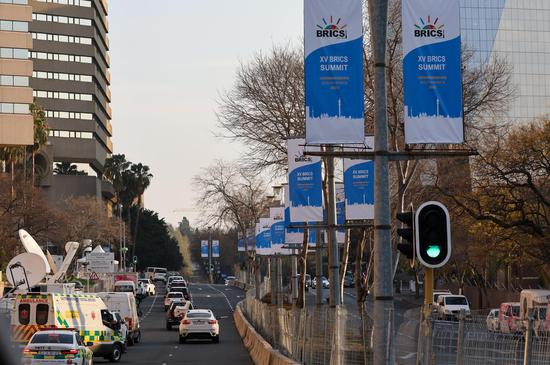
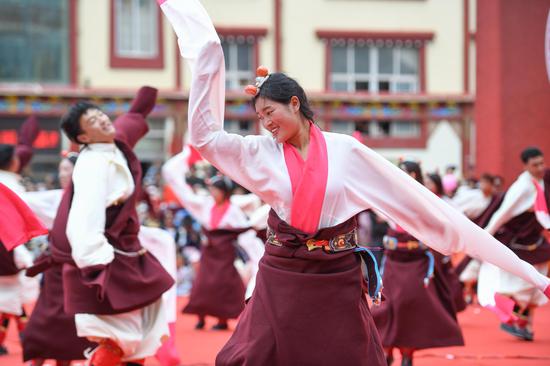





 京公网安备 11010202009201号
京公网安备 11010202009201号